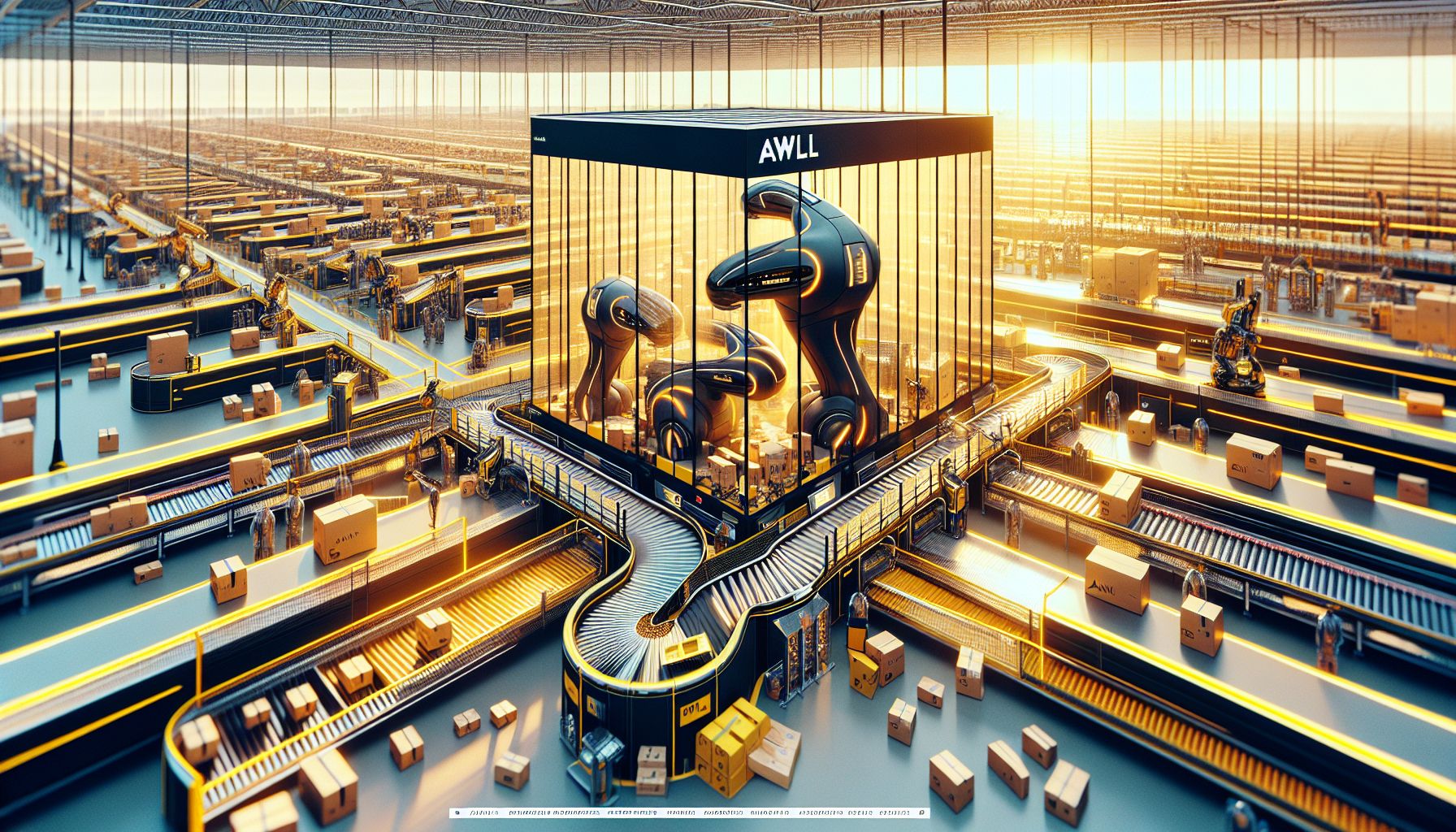GLS Netherlands Pilots Robotic Sorting in Utrecht: A Glimpse into the Future of Parcel Processing

Utrecht, Monday, 14 October 2024.
GLS Netherlands has introduced ROSI, an innovative robotic solution, at its Utrecht sorting center. This pilot project, developed in collaboration with AWL, aims to enhance efficiency in mini-parcel sorting. ROSI can process up to 1,600 parcels per hour, matching human capabilities. The success of this initiative could shape innovation strategies across the entire GLS network.
The Strategic Choice of Utrecht
The Utrecht sorting center was selected for this pilot due to its limited floor space, making it an ideal testing ground for the ROSI system. This strategic choice highlights GLS’s approach to innovation by leveraging existing constraints to test new technologies effectively. The successful implementation of ROSI in such an environment could prove pivotal for future deployments across more complex and larger facilities within the GLS network.
Technological Advancements and Employee Impact
ROSI, designed to handle packages weighing up to 5 kilograms, aims to streamline sorting processes while maintaining the throughput comparable to human workers. The integration of ROSI is expected to make the work of human employees more versatile, as articulated by Tom Hartmans, ROSI’s project leader at GLS. By focusing on improving working conditions, GLS demonstrates a commitment to not only technological advancement but also to enhancing its workforce’s operational environment[1].
Implications for the GLS Group
The results of the Utrecht pilot will have far-reaching implications for the GLS Group’s innovation policies. Should ROSI meet its performance benchmarks, it could lead to broader adoption across the GLS network, which spans over 40 European countries and North America. This move aligns with a broader industry trend toward automation, as seen in initiatives by companies like Amazon and DHL, who continue to introduce advanced robotic solutions to enhance operational efficiency[1][3].
A Broader Industry Context
The introduction of ROSI at GLS Netherlands underscores a significant trend in the logistics industry toward embracing robotics as a solution to labor shortages and efficiency challenges. According to the 2024 Intralogistics Robotics Survey, a growing number of companies across manufacturing and logistics sectors are planning to integrate robotics into their operations. This shift is driven by the need to enhance productivity and reduce labor costs, with robotics applications focused on sorting and data collection among others[4].

